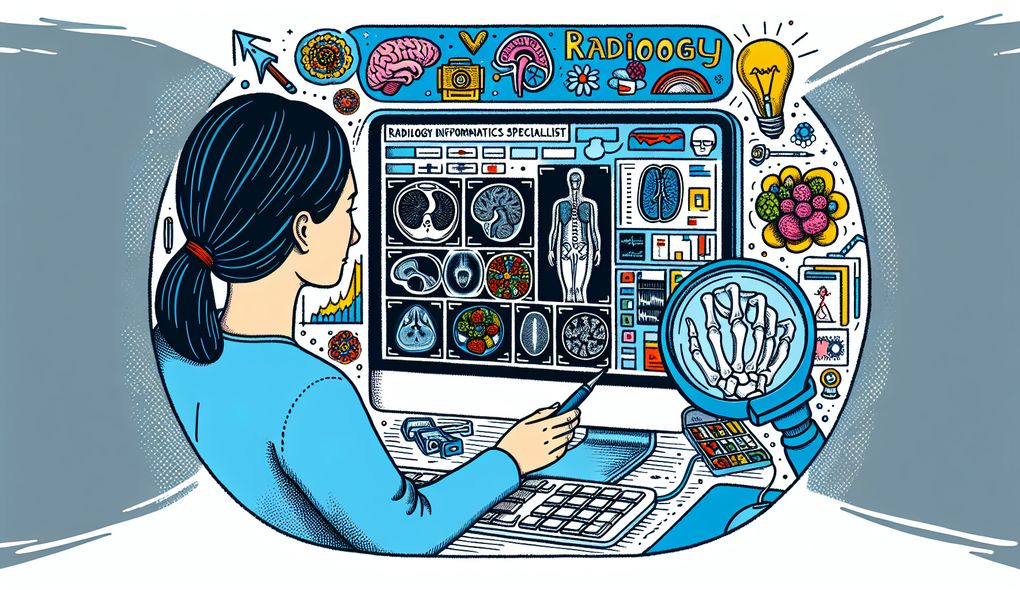How would you communicate with diverse groups of healthcare professionals?
INTERMEDIATE LEVEL

Sample answer to the question:
To communicate with diverse groups of healthcare professionals, I would first adapt my communication style to suit the needs and preferences of each individual or group. I would be mindful of different cultural backgrounds, language barriers, and varying levels of technical knowledge. I would actively listen to understand their concerns, asking clarifying questions when necessary. I would use clear and concise language, avoiding medical jargon, to ensure effective communication. Additionally, I would leverage different communication channels such as in-person meetings, email, and video conferences to accommodate different preferences and schedules. Lastly, I would always maintain a professional and respectful approach when engaging with healthcare professionals from diverse backgrounds.
Here is a more solid answer:
In my experience, I have successfully communicated with diverse groups of healthcare professionals by adapting my communication style to meet their needs. For example, when working with non-English-speaking doctors, I have used a translator or provided written instructions in their preferred language to ensure clear understanding. Additionally, I have actively participated in cultural competency training to better understand the perspectives and beliefs of different healthcare professionals. As a problem-solver, I have proactively addressed communication challenges by finding alternative channels or tools, such as using a teleconferencing solution for remote collaborations. Overall, my goal is to always foster a collaborative and inclusive environment by valuing and respecting the diversity of healthcare professionals I work with.
Why is this a more solid answer?
The solid answer provides specific examples of adapting communication style and problem-solving skills. It also highlights the candidate's experience in cultural competency training. However, it could provide more details on other communication channels and strategies used to address challenges.
An example of a exceptional answer:
To effectively communicate with diverse groups of healthcare professionals, I take a comprehensive approach. Firstly, I proactively research and understand the cultural backgrounds, norms, and values of different groups. This helps me tailor my communication style and avoid any unintentional cultural misunderstandings. I prioritize active listening by acknowledging and validating their perspectives and concerns. For example, during a recent project, I encountered challenges in conveying complex technical information to clinical staff. To address this, I facilitated open dialogues, provided visual aids, and scheduled interactive training sessions to ensure everyone felt confident in using the new informatics tools. I also recognize the importance of non-verbal communication and body language, especially when working with individuals who may have hearing impairments or rely on visual cues. By actively seeking feedback and maintaining ongoing communication, I foster an inclusive and collaborative environment. Overall, my aim is to build strong relationships with diverse healthcare professionals through effective and respectful communication.
Why is this an exceptional answer?
The exceptional answer demonstrates a comprehensive understanding of effective communication with diverse healthcare professionals. It includes research and understanding of cultural backgrounds, specific strategies for conveying complex technical information, considerations for non-verbal communication, and the importance of ongoing communication and feedback. It also emphasizes building strong relationships. This answer goes above and beyond to provide a thorough and detailed response to the question.
How to prepare for this question:
- Research and educate yourself on different cultural backgrounds and norms in healthcare to improve cultural sensitivity.
- Practice active listening skills, asking clarifying questions, and recognizing non-verbal cues.
- Be prepared to share specific examples of times when you adapted your communication style to effectively communicate with diverse groups of healthcare professionals.
- Stay up to date with advancements in health information technology systems and informatics, as well as industry standards and regulations.
What are interviewers evaluating with this question?
- Communication skills
- Adaptability
- Cultural sensitivity
- Problem-solving skills

